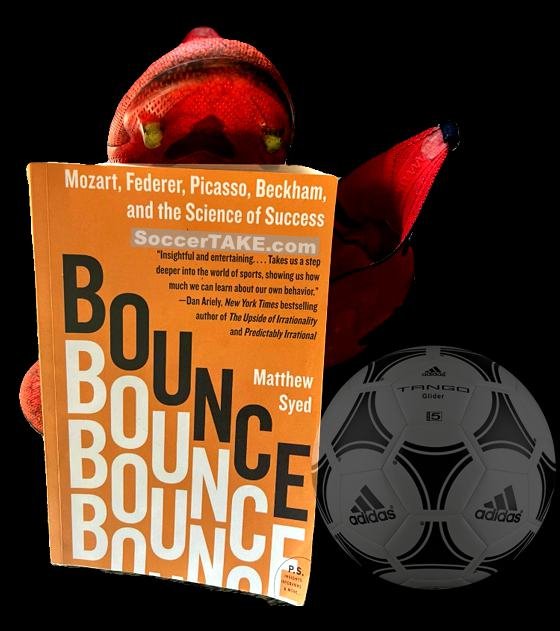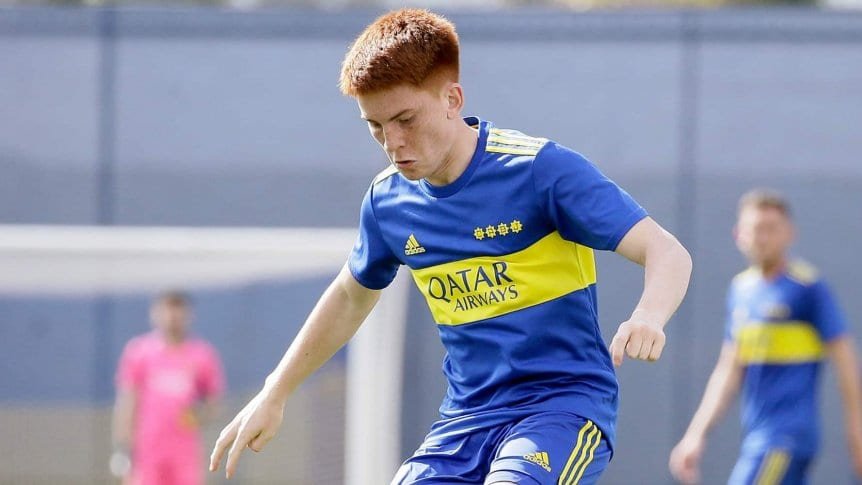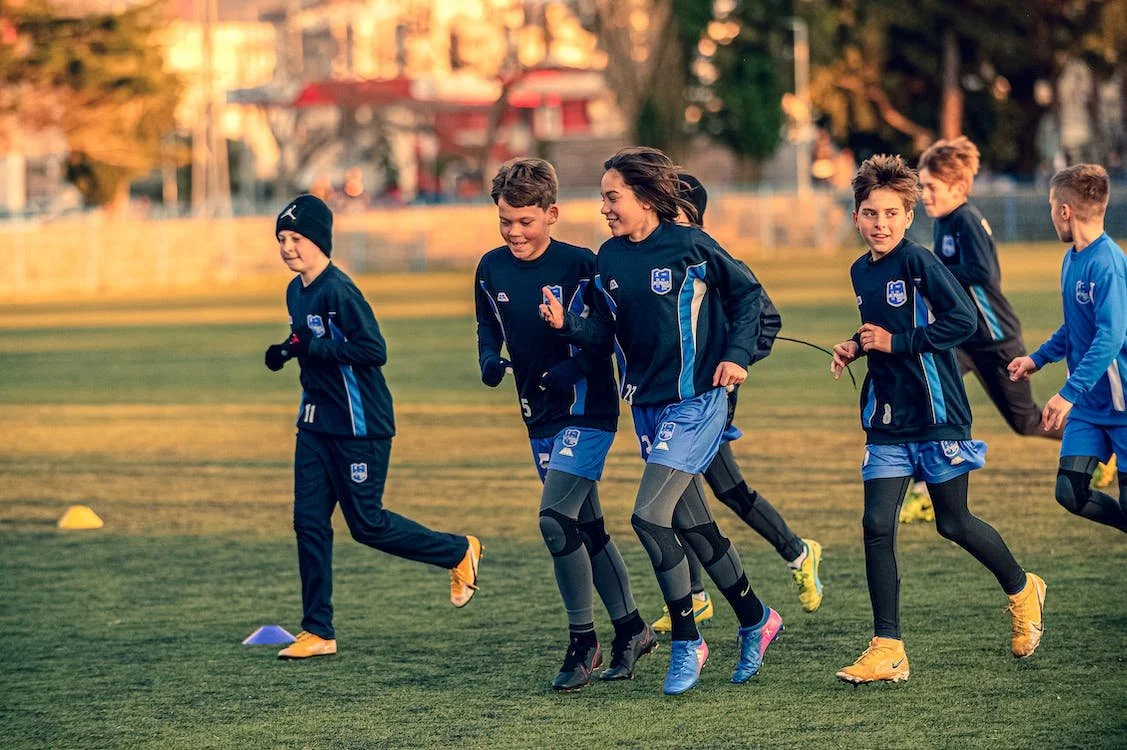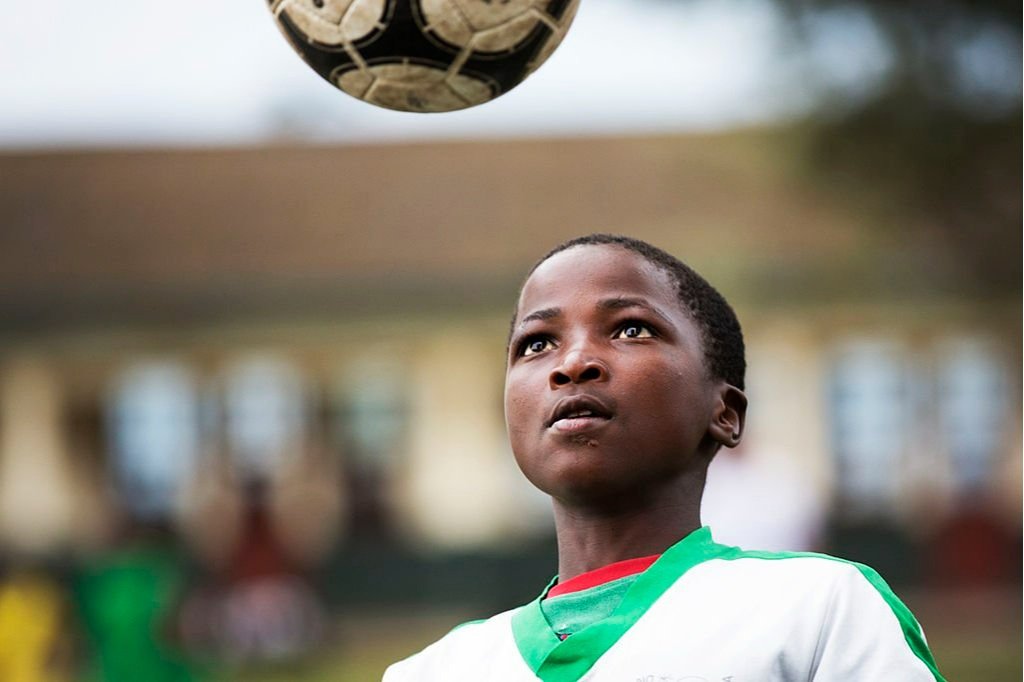Coerver and Johan Cruyff: Merging the Philosophies
A New Approach to Youth Soccer Development
In the world of youth soccer development, two prominent philosophies stand out: (1) the Coerver Coaching method and (2) Johan Cruyff's vision. Both approaches have significantly influenced the way young players learn the game, focusing on technical skills, creativity, and intelligence on the field. This article will explore the integration of these two philosophies, highlighting their complementary aspects and proposing a unified approach to youth soccer development.
Coerver Coaching
Coerver Coaching, founded by Wiel Coerver in the 1980s, is a comprehensive training program centered around developing individual skills and ball mastery. The method breaks down complex moves into simple components, allowing players to hone their techniques through repetitive practice. Coerver Coaching emphasizes the importance of 1v1 situations, focusing on dribbling, passing, receiving, and shooting techniques.
Johan Cruyff's Vision
Johan Cruyff, the legendary Dutch soccer player and coach, revolutionized the sport with his unique insights into the game. He believed in nurturing creativity, tactical understanding, and intelligence in young players. Cruyff's vision emphasized the importance of total football, a fluid playing style where players could seamlessly switch positions on the field, creating unpredictability and continuous movement. This approach encouraged players to think beyond their designated roles and develop a comprehensive understanding of the game.
The main principles of Total Football include:
Positional Interchangeability
Players should be able to switch positions seamlessly during a match, which requires a high degree of tactical awareness and understanding. This approach aims to create overloads, exploit space, and confuse the opposition.
High Pressing
When the team loses possession, players are expected to press their opponents aggressively to win the ball back as quickly as possible. This requires excellent teamwork, communication, and stamina.
Ball Possession
Total Football emphasizes maintaining possession and controlling the game's tempo. Players are encouraged to be comfortable on the ball and confident in their passing, ensuring that the team keeps the ball for extended periods.
Compactness
The team should maintain a compact shape both in attack and defense, with minimal space between the lines. This approach helps to create passing options and make it difficult for the opposition to break through the team's structure.
Off-the-Ball Movement
Players are expected to make intelligent runs off the ball, creating space for themselves and their teammates. This movement helps to disorganize the opposition's defense and provides options for the player in possession.
Use of Width and Depth
The team should use the entire field to stretch the opposition's defense, create space, and exploit gaps. This approach requires players to be adept at switching play and making accurate long passes.
Quick Transitions
In Total Football, the ability to transition quickly from defense to attack and vice versa is crucial. Players must be prepared to make rapid adjustments and exploit any opportunities that arise during these moments.
Technical skill and Creativity
Total Football places a high value on individual skill and creativity. Players are encouraged to express themselves and take risks in the attacking third of the field, often relying on one-on-one situations to create goal-scoring opportunities.
While Total Football's heyday was in the 1970s, its principles continue to influence modern soccer tactics, and many coaches still utilize aspects of this philosophy in their teams' style of play.
Merging the Philosophies
Integrating the philosophies of Coerver Coaching and Johan Cruyff can create a powerful and holistic approach to youth soccer development. By combining the technical focus of Coerver Coaching with Cruyff's emphasis on creativity, intelligence, and tactical understanding, coaches can develop well-rounded players capable of thriving in any game situation.
To merge these philosophies, coaches can implement the following strategies:
Develop technical skills through Coerver Coaching exercises, focusing on ball mastery, dribbling, passing, receiving, and shooting. These foundational skills will provide the basis for players to express their creativity and intelligence on the field.
Encourage creativity and decision-making by incorporating small-sided games and possession-based exercises into training sessions. These activities will challenge players to think critically, solve problems, and adapt to the dynamic nature of the game. To really challenge and develop players, coaches must ensure high tempo.
Teach tactical understanding through the principles of total football. By fostering positional awareness and versatility, players will develop a comprehensive understanding of the game, allowing them to make better decisions on the field.
Prioritize the development of soccer intelligence, focusing on anticipation, vision, and spatial awareness. These cognitive skills will enable players to recognize opportunities, make quick decisions, and execute complex plays.
Emphasize the importance of teamwork, communication, and cooperation. By working together and understanding each other's roles on the field, players will be better equipped to execute their individual skills within a cohesive team framework.
The Bottom Line
By merging the philosophies of Coerver Coaching and Johan Cruyff, coaches can develop a comprehensive approach to youth soccer development that nurtures technical skills, creativity, intelligence, and tactical understanding. This unified approach will foster well-rounded players who can excel in various game situations, propelling them towards success in their soccer careers. In a rapidly evolving soccer landscape, the integration of these two philosophies can help shape the future generation of players, equipping them with the tools they need to thrive in the modern game.
Book Recomendations
To gain deeper insights into the philosophies of Coerver Coaching and Johan Cruyff, you can explore the following books:
Coerver Coaching
The Coerver Coaching Session Planner by Alfred Galustian and Charlie Cooke
Master Technique with Coerver Coaching by Alfred Galustian and Charlie Cooke
Johan Cruyff
My Turn: The Autobiography by Johan Cruyff
Johan Cruyff: The Total Voetballer by Auke Kok
Cruyff: The Netherlands, Total Football and the 1974 World Cup by David Winner
These books provide valuable insights into the methods and ideas that shaped both the Coerver Coaching method and Johan Cruyff's vision for soccer. By studying these resources, coaches and players can deepen their understanding of these philosophies and enhance their approach to player development.













